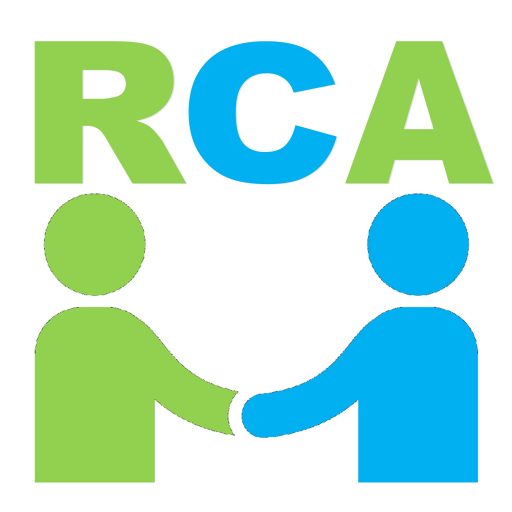“Train the Trainer” is the model we use for helping organizations provide staff with the skills needed to build healthy relationships. After we have taught people the skills to build healthy relationships, we focus on understanding that all human service organizations and service businesses do their work in the context of staff to staff relationships. We believe that the better the quality of staff to staff relationships, the better the quality of the work done. Most of the programs we teach can be used in any setting where people are paid to provide services to others.
The goal is to assist others in managing themselves and the safety of all involved through skilful non-physical means. Physical strategies are also taught to provide additional ‘least restrictive’ options in the event the person poses a clear threat of substantial harm to self or others if physically unassisted.
Participants will be given information on how to provide positive behaviour support effectively, with the process of threat & risk management in their workplace. This involves the assessment and ethical response to behaviours of concern, identifying and planning our therapeutic response strategies.
Participants will be trained in a range of strategies to ensure the above objectives are met, including break & escape techniques, and dealing with clients with challenging behaviours.
Training packages listed are recognised across multiple disciplines ie disability, mental health, community services, child welfare, aged care and education sectors. The training packages listed meet industry standards and guidelines to what is person centred and best practise across each sector.
Our training programs can be customized to fit your agency’s needs. The RCA certification models range from 3 to 5 days, depending on the level of training completed.
